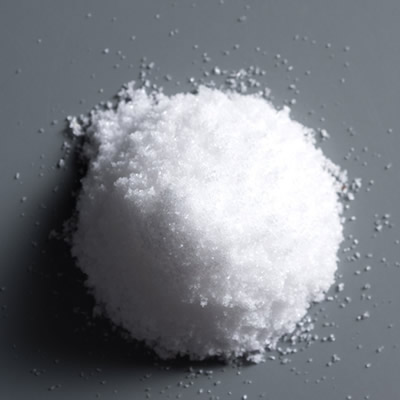Function
An important part of these substitutes are high-intensity sweeteners. This category contains many functional properties and benefits in food applications.
- Can be used at just a fraction of a percent compared to sugar (sucrose). This means less is needed to mimic the taste of real granulated sugar.
- They are non-caloric and therefore help people reduce their caloric intake which helps weight management.
- Diabetes sufferers are able to enjoy the sweetness of sugar without the risk of raising blood glucose levels.
- Artificial sweeteners do not contribute to bacteria growth in the mouth that leads to tooth decay.
Since artificial sweeteners are considered a food additive, the FDA has specific regulations regarding its usage.
Types/Variations
- Saccharine (300-500 times sweeter than sugar);
- Aspartame (200 times sweeter than sugar);
- Sucralose (600 times sweeter than sugar and is heat stable);
- Acesulfame potassium, or Ace-K (200 times sweeter than sugar and is heat stable)

